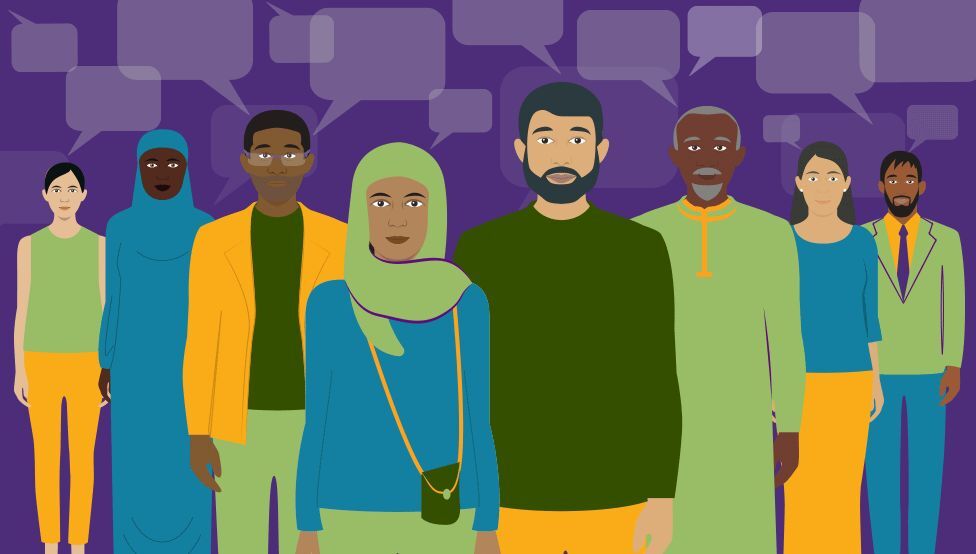Egypt’s recent security and macro-economic stabilization has been built on weak foundations and Covid-19 has further exposed this fragility. Egypt is now back to a situation broadly similar to that before the 2011 revolution: stable on the surface, but with deep structural problems and simmering social grievances, and little buffers to mitigate them. This paper argues for a major shift…
Trump is threatening to snapback Iran sanctions because his supporters are terrified of a Biden win
Faced with the prospect of a likely defeat in November, says Borzou Daragahi, the administration is desperately seeking to sabotage the remnants of the Iran nuclear deal. Many nations have doubts about the expiring United Nations Security Council arms embargo on Iran. It is set to be lifted in October as part of the Joint Comprehensive Plan of Action(JCPOA), the…
Coronavirus: Pandemic unites Maghreb leaders in crackdown on dissent
The challenges brought on by the coronavirus pandemic across the world have been manifold; health and economic crises and a climate of fear and uncertainty. In North Africa, it has also heightened a crackdown on freedom of expression. Leaders, particularly in Algeria and Morocco, have taken advantage of the new climate to silence dissent and remove voices of the opposition they…
The Mideast Pudding Loses Its Theme
“Take away this pudding! It has no theme,” Winston Churchill is said to have exclaimed when confronted with an undistinguished dessert. The Middle East today resembles one of those puddings, but Uncle Sam may not send it back. A themeless pudding is better than a poisoned one. It is hard to overstate how much the Middle East has changed in…
Arab Barometer: MENA Residents Have an Increasingly Favorable View of China
A new survey published by Arab Barometer, a Princeton University-affiliated non-partisan quantitative research institute, reveals increasingly favorable public perceptions of China in many countries throughout the Middle East and North Africa. “In nine of 12 countries surveyed as part of the Arab Barometer’s fifth wave, roughly half or more favor stronger economic relations with China,” said the group’s director, Dr….
Progress and missed opportunities: Morocco enters its third decade under King Mohammed VI
In the midst of the coronavirus pandemic, Morocco’s King Mohammed VI will celebrate 21 years on the throne in July 2020. Over the last two decades, the king has spearheaded positive civil and political reforms, as well as formidable foreign policy and infrastructural changes. Most recently, the regime took swift and effective measures to control the initial spread of the…
Arab Barometer : 49% des Marocains favorables à plus d’investissements chinois
Publiés vendredi dernier, les résultats du sondage mené par Arab Barometer, un réseau de recherche basé à l’Université de Princeton, aux EtatsUnis, sur le niveau d’influence de la Chine révèlent que de nombreux pays ont connu une augmentation spectaculaire de l’engagement chinois. « Plus récemment, la Chine a considérablement et visiblement augmenté son aide à un certain nombre de pays de la région…
The Lebanese Government is right about mandatory (military) service
The Lebanese Minister of Defense has recently announced plans to reinstate mandatory military service 13 years after its abolition in 2007. More details are expected to follow in the coming few weeks. Once considered essential to bring together a deeply torn society after 15 years of civil war, mandatory service, also known as conscription or flag service, consisted of one…
What lies ahead as Jordan faces the fallout of COVID-19
On June 28, Jordan’s Health Minister, Dr. Saad Jaber, boldly declared that the coronavirus had “dried up and died in Jordan.” Dr. Jaber backtracked days later by renewing calls to adhere to necessary safety measures. Amid fears of a second wave, the Hashemite Kingdom of Jordan continues to stand out among its neighbors, as it exhibits an impressively low rate…
